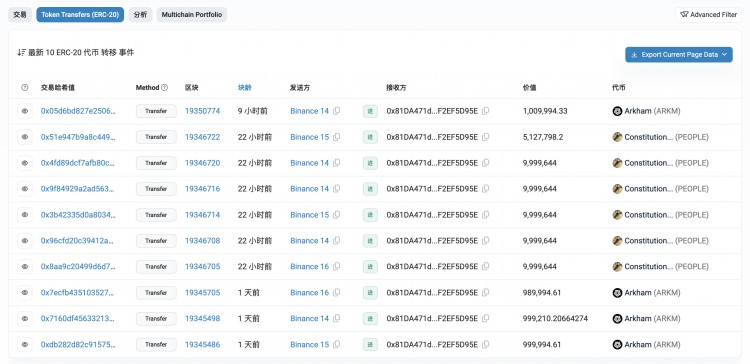时间:2024-03-07|浏览:297
Building the Next Frontier of Digital Experience
The concept of the metaverse has captured the imagination of technologists, entrepreneurs, and futurists alike, envisioning a virtual universe where people can live, work, socialize, and play in immersive digital environments. Stemming from science fiction literature and popularized by books, films, and video games, the metaverse represents the convergence of virtual reality, augmented reality, blockchain technology, and social networking, creating a persistent and interconnected digital realm.
At its core, the metaverse is a collective virtual space that encompasses virtual worlds, simulations, and augmented reality experiences, blurring the lines between the physical and digital worlds. Within the metaverse, users can create personalized avatars, interact with others in real-time, build and explore virtual environments, and participate in a wide range of activities and experiences, from attending virtual events to shopping in virtual stores.
The metaverse is not a single platform or application but rather a distributed network of interconnected virtual spaces and experiences, each with its own rules, economies, and communities. Companies and developers are actively exploring the potential of the metaverse to create new forms of entertainment, education, commerce, and social interaction, with applications ranging from virtual concerts and conferences to virtual reality shopping experiences and virtual real estate markets.
Blockchain technology plays a pivotal role in the development of the metaverse, enabling digital asset ownership, interoperability, and decentralized governance within virtual environments. Non-fungible tokens (NFTs) are used to represent digital land, virtual goods, and other assets within the metaverse, allowing users to buy, sell, and trade digital assets securely and transparently on blockchain networks.
Moreover, the metaverse promises to revolutionize how we work and collaborate in the digital age, offering new opportunities for remote work, virtual meetings, and immersive collaboration. Virtual reality platforms and productivity tools are enabling teams to collaborate in virtual environments, regardless of geographical location, fostering creativity, productivity, and innovation.
As the metaverse continues to evolve and expand, it raises important questions about digital identity, privacy, security, and inclusivity. Addressing these challenges will be essential for creating a metaverse that is accessible, equitable, and safe for all users.
In conclusion, the metaverse represents a bold vision for the future of digital experience, offering limitless possibilities for creativity, exploration, and connection in a virtual world. By harnessing the power of technology and human imagination, the metaverse has the potential to reshape how we live, work, and interact in the digital age, ushering in a new era of digital innovation and expression.
热点: THE

用戶喜愛的交易所

已有账号登陆后会弹出下载


![[涡流]Heather Cerlan领导的Bethesda团队制作多人合作RPG模拟游戏](/img/20240306/3720699-1.jpg)






